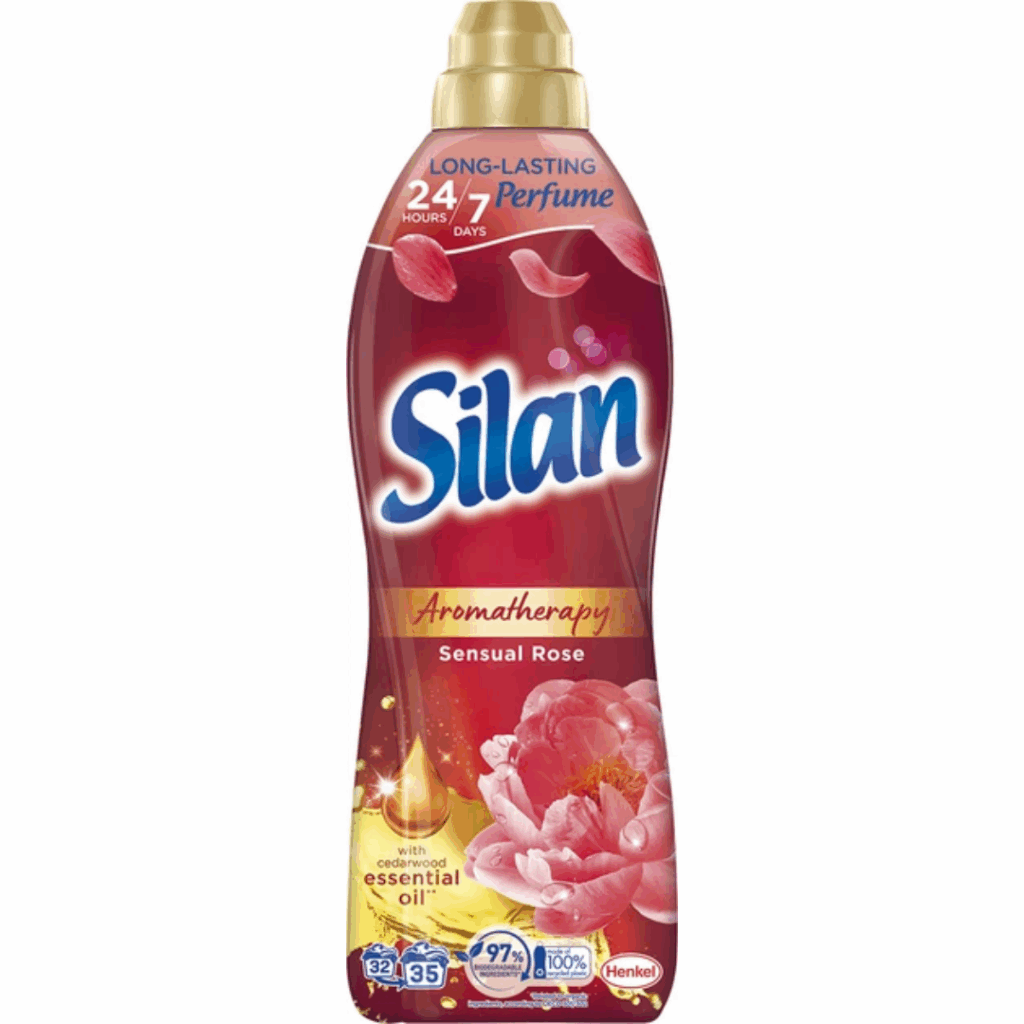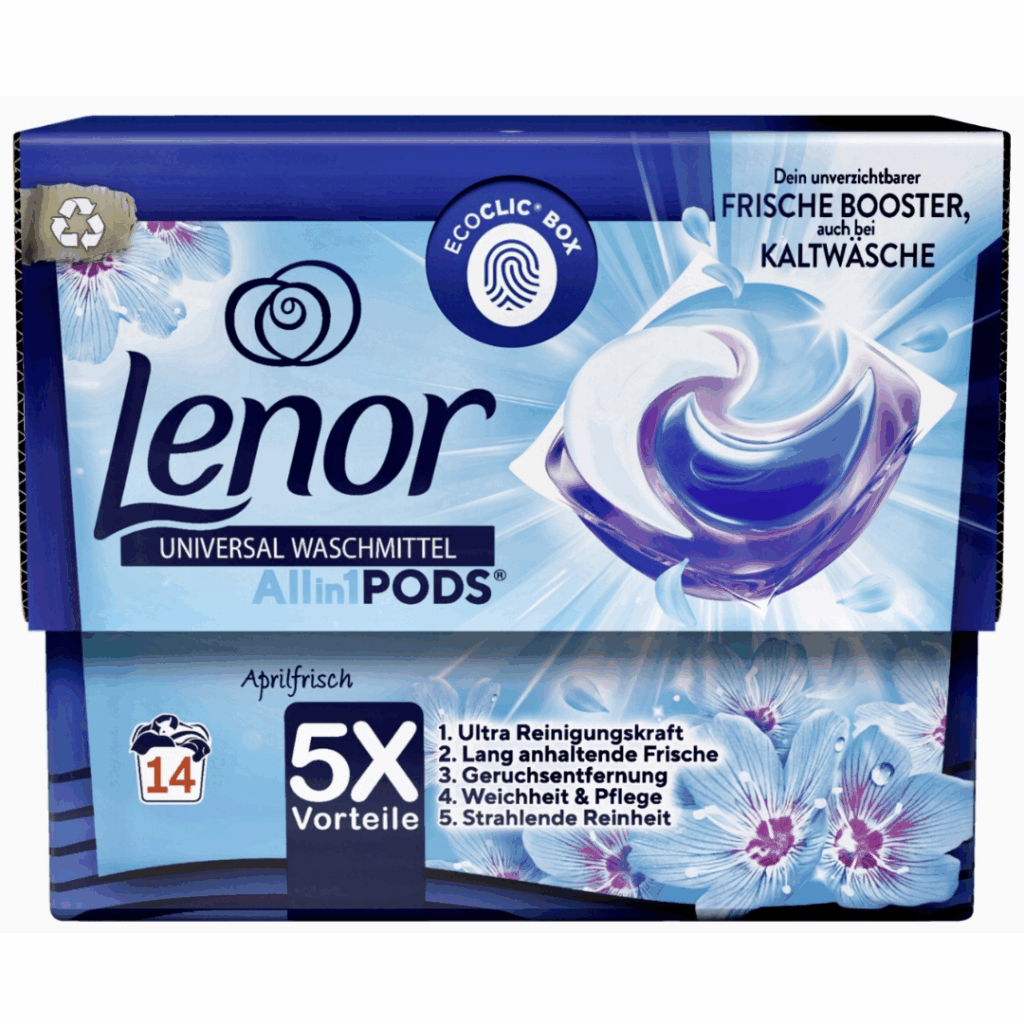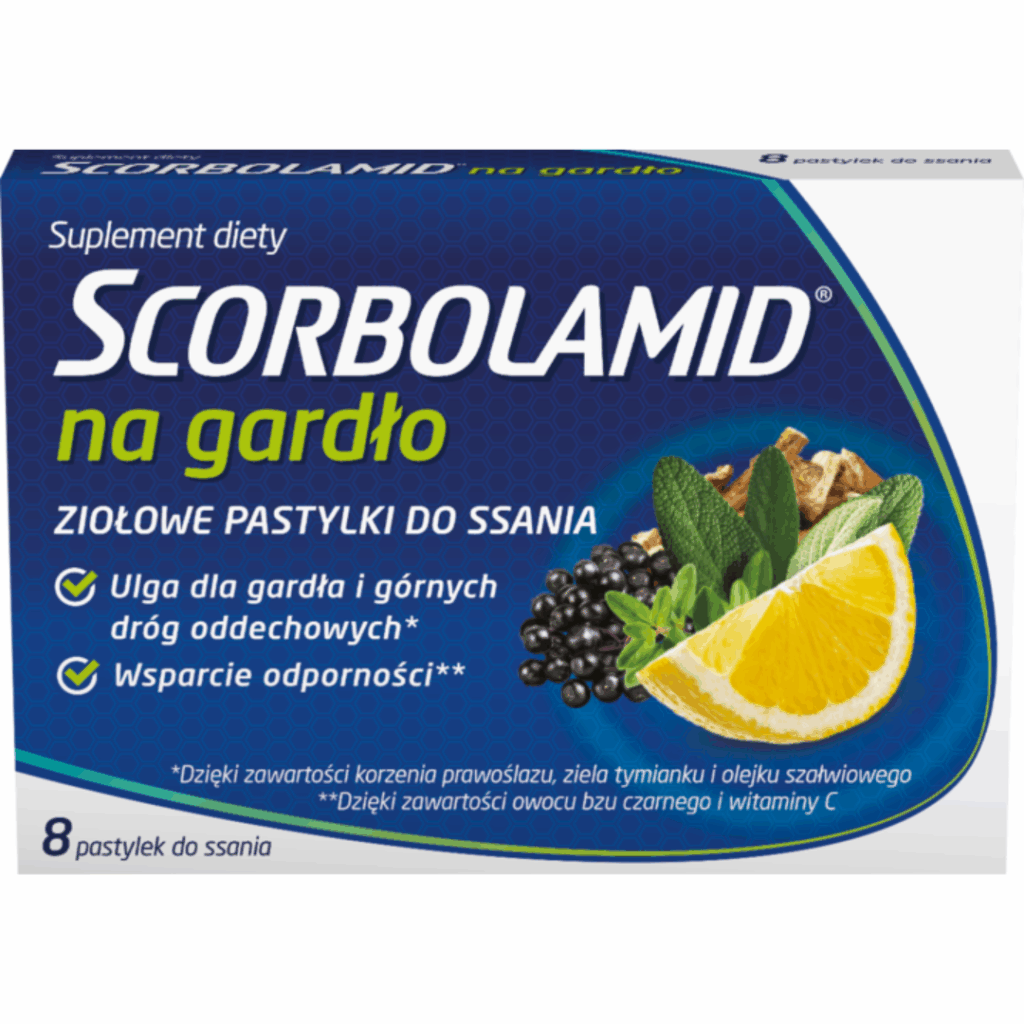Ranigast contains famotidine 20 mg, a proven H2 receptor antagonist that works by reducing the amount of acid produced in the stomach. It is used to relieve symptoms of heartburn (zgaga), indigestion (niestrawność), and acid hypersecretion (nadkwaśność).
Ranigast is fast and effective in providing relief from discomfort caused by excess stomach acid. It’s suitable for short-term use in adults and adolescents over 16 years of age.
Ideal to keep on hand after heavy meals or in times of digestive upset.
Package contains 20 tablets.




